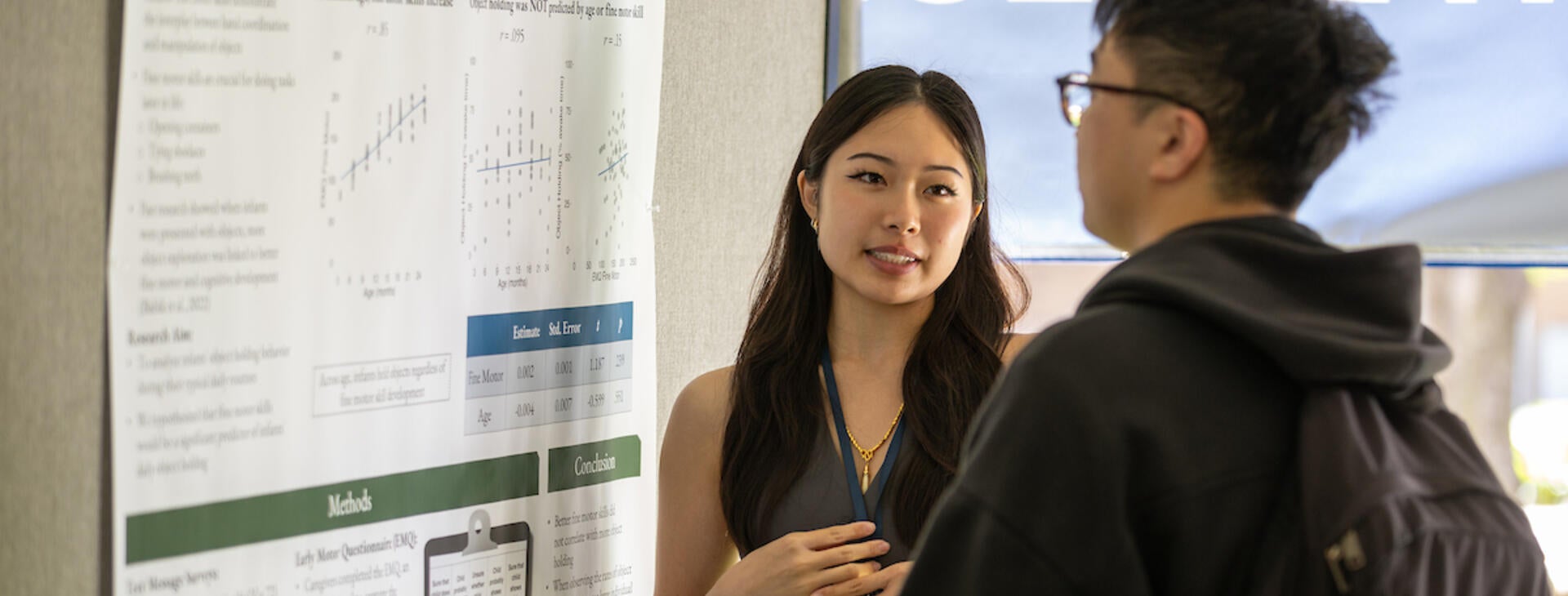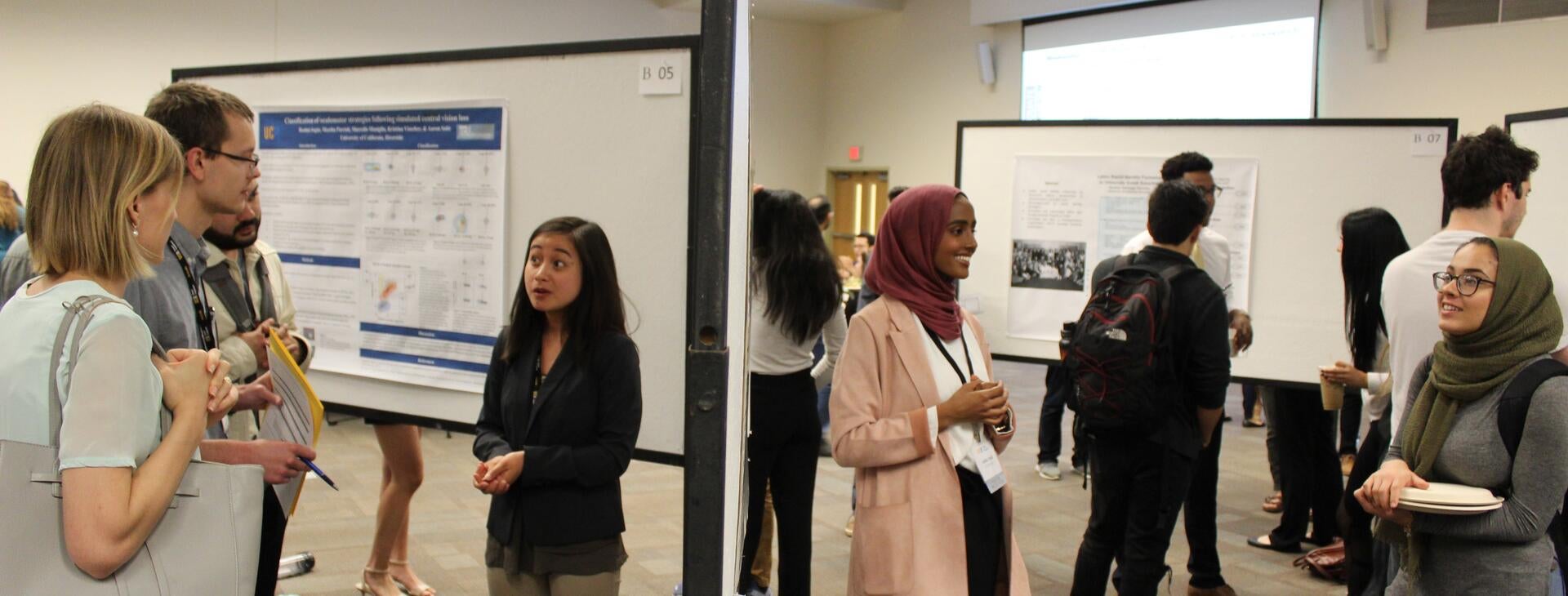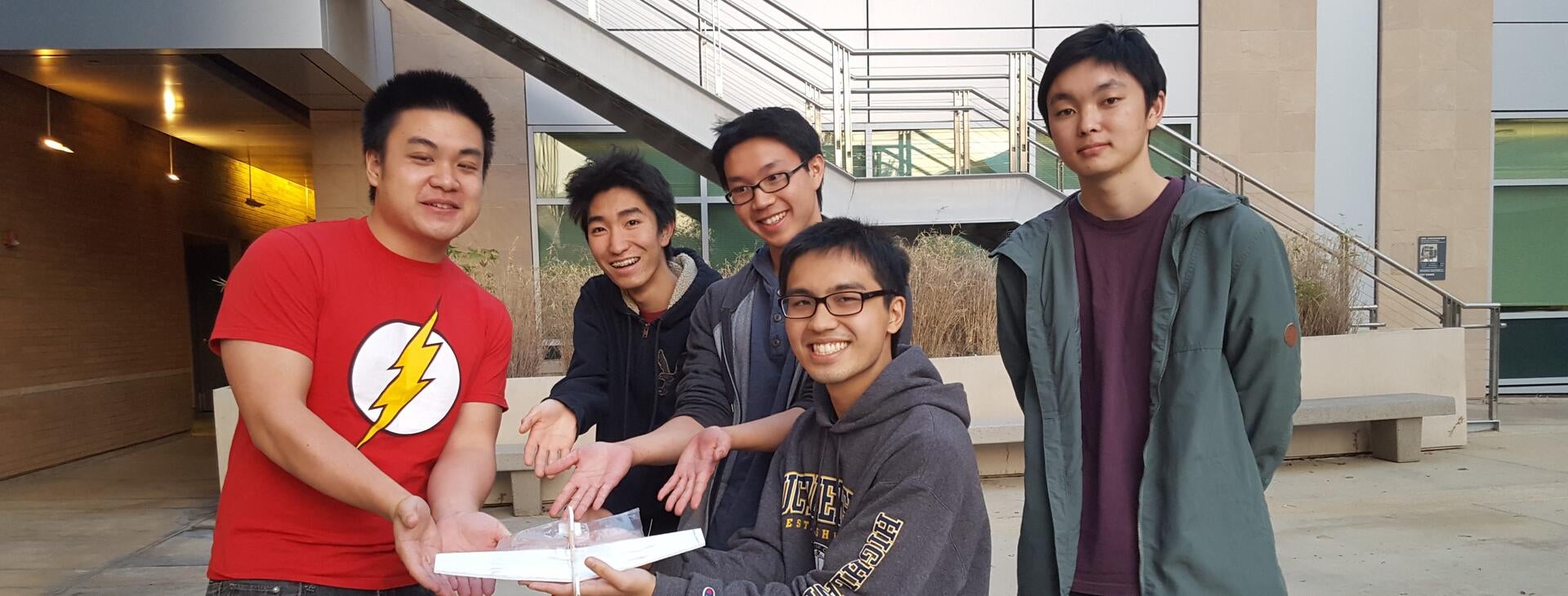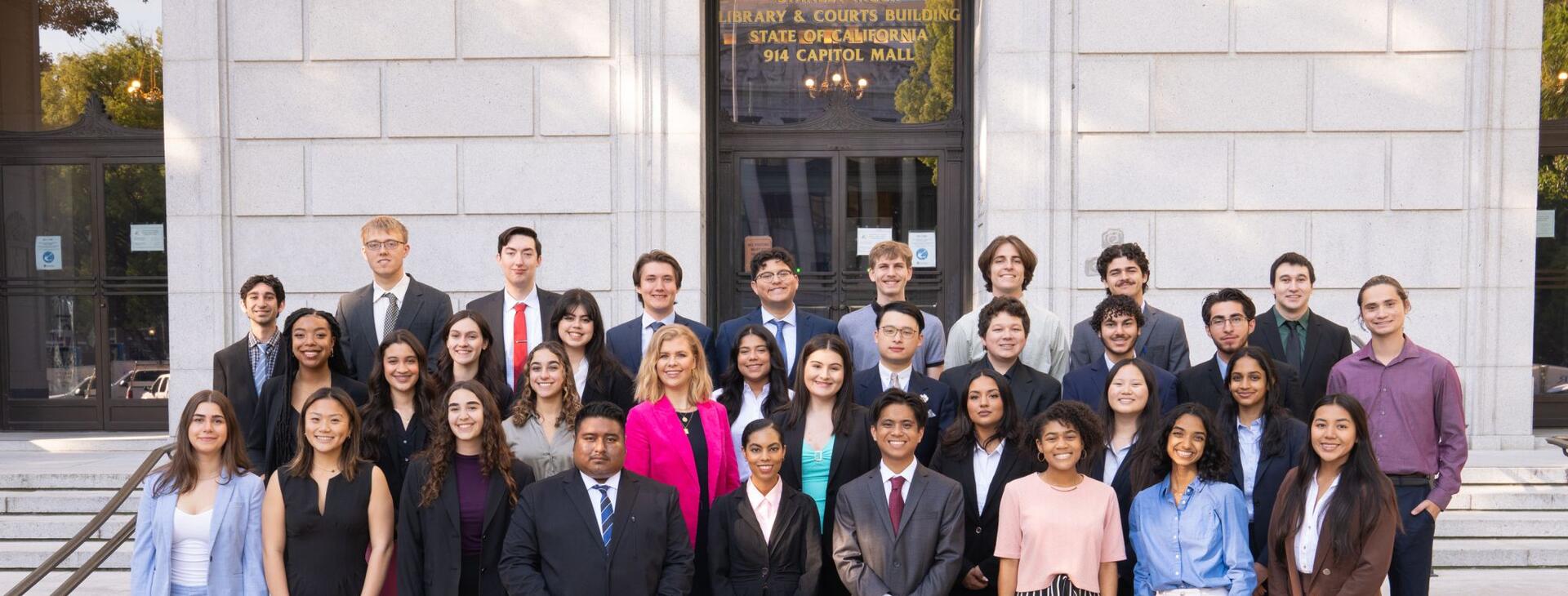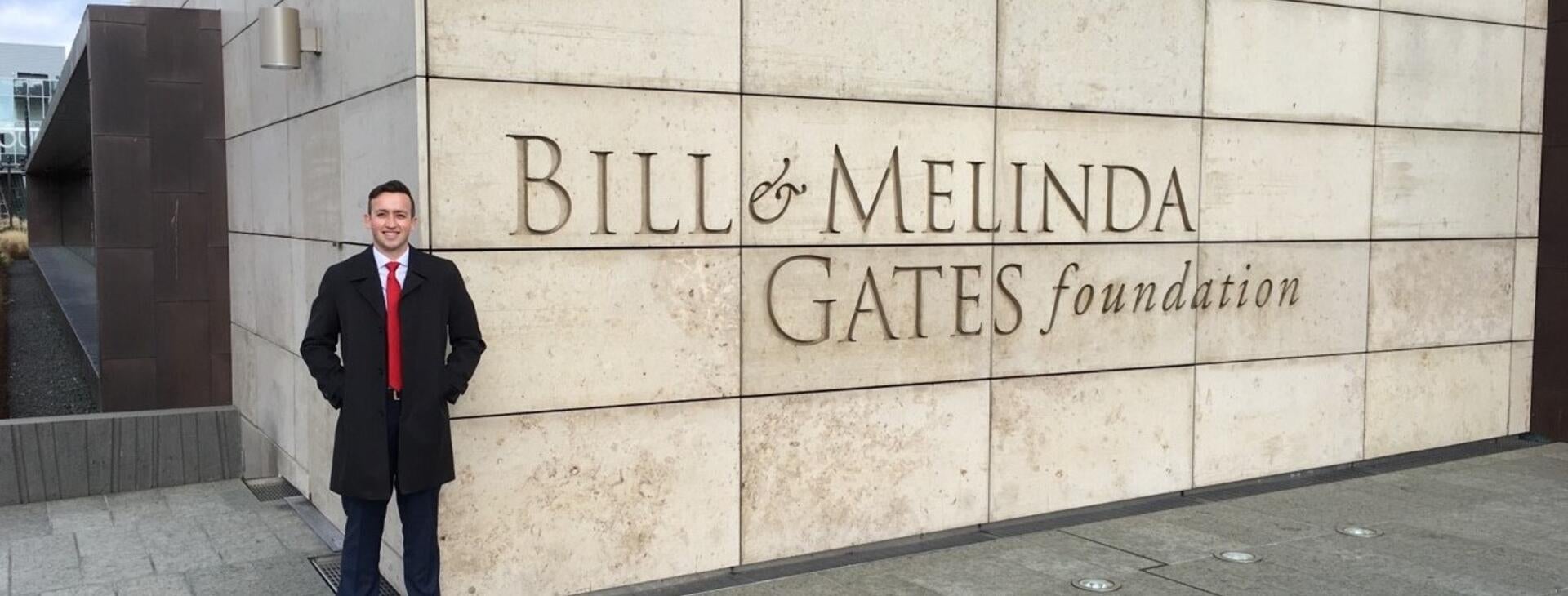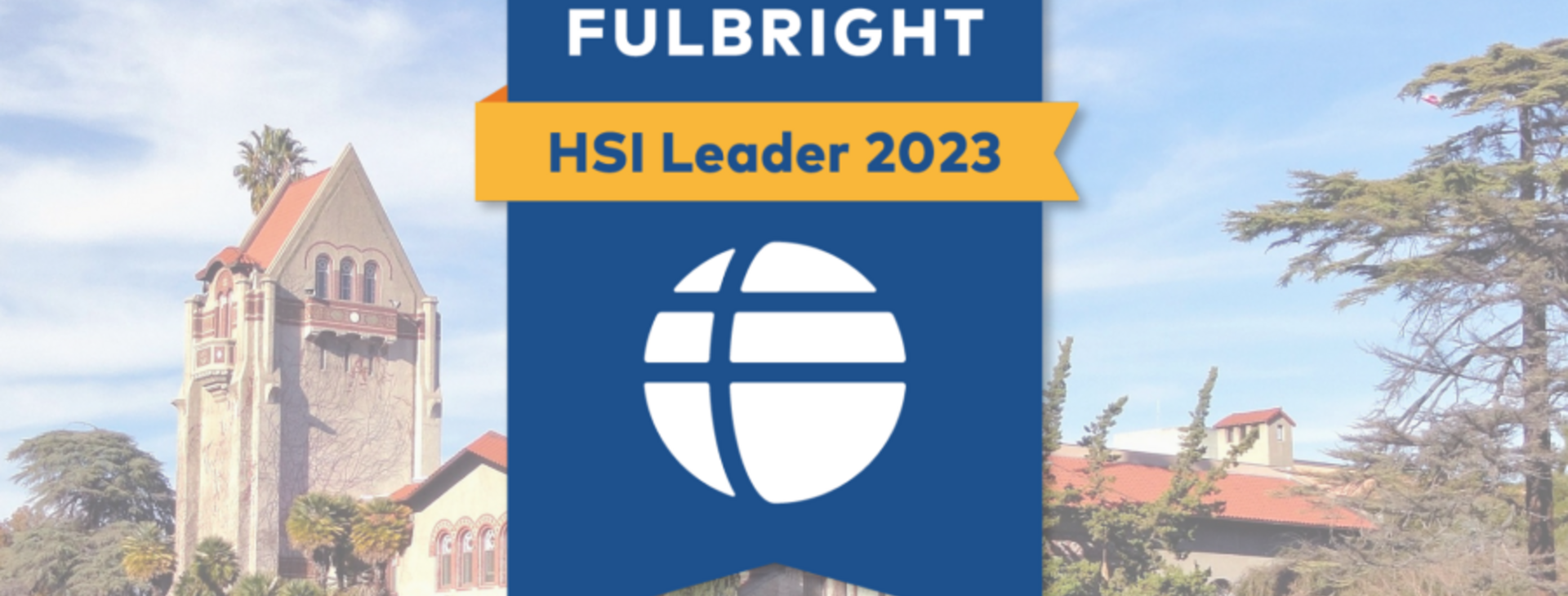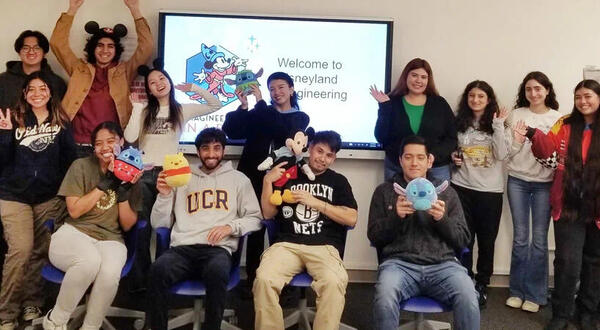Attention UCR Faculty, Staff and Student Orgs: Would you like us present to your class or student program about Center for Undergraduate Research and Engaged Learning opportunities? Please fill out the Classroom Visit & Speaker Request Form.
2026 Symposium Scheduling is Now Open!
Participants in this year's Symposium can now begin scheduling their virtual oral or poster presentations. Please check your email for a link and instructions.
DISTINGUISH YOURSELF
//ENGAGE IN
HIGH-IMPACT PROGRAMS
High-Impact Educational Practices (HIPs) provide transformative experiences that enhance personal development, educational growth, and increased marketability. The Center for Undergraduate Research & Engaged Learning coordinates a number of programs that help students incorporate HIPs activities into their educational experience. Learn more about our HIP programs.
Learn how to incorporate HIPS into your learning experience at UCR
- Apply classroom knowledge to an Internship or Research opportunity
- Experience collaborative Research Project
- Collaborate in Team Projects, Field-Based Research or Faculty Mentored Projects within a diverse community
- Experience Service-Learning project with a community organization
- Participation in off-campus Research or Academic Internship
- Culmination experience demonstrating competence in a project or class (Capstone or Research Symposium)
Learn about the benefits of High-Impact Educational Practices**:
- Enhance faculty connections: Strengthen your relationships with professors.
- Boost interpersonal skills: Improve your ability to interact effectively with others.
- Cultivate leadership abilities: Develop your leadership qualities.
- Raise GPAs: Achieve higher academic performance.
- Graduate on time: Increase the likelihood of timely graduation.
- Enhance educational satisfaction: Experience greater happiness with your education.
- Sharpen critical thinking and writing skills: Improve your analytical and communication abilities.
- Foster diversity appreciation: Develop a deeper understanding and appreciation for diversity.
- Prepare for the workforce or graduate school: Be better equipped for your future career or further studies.
**Benefits have been found to be greater for First-Generation and under-served students.
